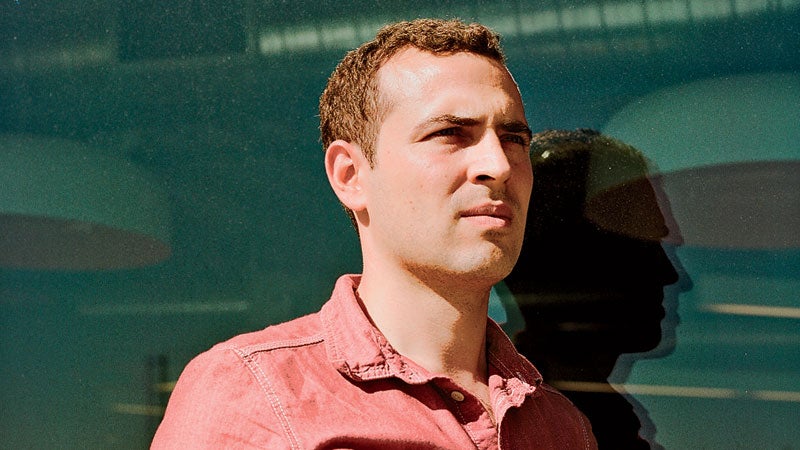“The shift from fossil fuels to renewables is one of the biggest wealth-creation opportunities of our time,” says 32-year-old Solar Mosaic cofounder Billy Parish, “and we all should be part of it.” Does that sound like a hard sell? Or a Pollyannaish one? Consider that since Parish officially launched in January, the company, which acts as a bank to vet and back solar projects, has attracted $5 million in capital from more than 2,000 investors. Those who wish to do good and turn a profit can just go to Mosaic’s website, sign up, and commit increments of $25 to projects as small as a 645-kilowatt bee farm in California and as large as a 55,000-panel solar installment on a military housing development in New Jersey. The investments are illiquid, meaning you can’t pull your funds out for a fixed period of time, and projected returns are in the 4 percent to 7 percent rangeÔÇöcompetitive with many mutual funds. Best of all? You get to visit the projects you invest in.
“There’s a big gap between ‘Click the link to send an e-mail to your congressman’ and ‘Chain yourself to the White House,’ÔÇë” says Parish, who dropped out of Yale and later founded the , an activist group. “We’re doing something nobody has been able to do before,” says Parish, “allowing people to invest directly in clean-energy projects.”
Parish and a partner, Dan┬áRosen, ran the company with seed money from their parents before attracting angel investors and a Department of Energy grant. Mosaic negotiates the complex regulatory processes for investors and vets solar projects pitched by developers, just as a bank would. Then it makes a crowd-funded loan and skims 1 percent of the profits for itself. Despite public hand-wringing over solar tied to the failure of Solyndra, experts say Mosaic is arriving at a good time: solar-module prices have dropped by 80 percent in the past four years, so it’s easier than ever to fund projects.
“There’s no one else like Mosaic, so people in the industry are really intrigued,” says Jigar Shah, a consultant and investor who was CEO of the solar utility for five years. “No one is sure if
it’s for real or notÔÇöthey haven’t even deployed $10 million yetÔÇöbut the opportunity is there. It’s all about whether or not they execute.”
Parish isn’t concerned about that. “Solar will outcompete other technologies,” he says. “It’s happening so fast, I don’t see any fossil fuels being able to compete anytime soon.”


